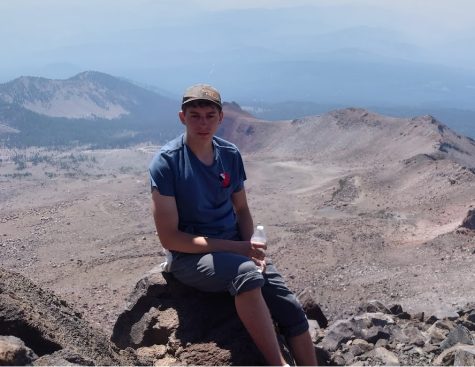NANEC increases nursing retention
(From left) Renee Zacher, Nursing Faculty from Cheyenne River. Jazmine Good Iron, graduate from Standing Rock. Bev Stabber-Warne, Mentor/Coordinator from Oglala. Andrea Hearting, student from Crow Creek. Valeriah Big Eagle, Diversity Outreach Coordinator from Yankton. All are Lakota and Dakota Tribal members from South Dakota.
November 2, 2021
When the South Dakota State University College of Nursing saw reports of an unacceptably low retention rate among Native American students, they knew something needed to be done as soon as possible.
Six years later, the story is much different. The Native American Nursing Education Center, or NANEC, has increased retention to about 92%, according to Beverly Warne, a NANEC mentor and one of the program’s architects.
“What our program does is support students through licensure and beyond,” Warne said. “NANEC is student support with cultural knowledge and understanding.”
SDSU student nurses with Native American heritage can join NANEC, a community within the SDSU College of Nursing. This year, there are 40 students involved with the program. Through NANEC, students can capitalize on scholarship opportunities, receive individualized mentoring and learn more about their Native American culture and heritage.
“I was hired by Dean Fahrenwald to help create a program I worked on at Arizona State University doing the same type of work with Native American nursing students,” Warne said. “I’ve been here about six years.”
The American Indian Students United for Nursing program, or ASUN, had successfully increased retention among Native American students at Arizona State University. When Dean Fahrenwald toured the facility, she decided it was something SDSU needed, Warne said.
“It was a wonderful opportunity and a way to give back to my community,” Warne said. “I was more than happy to come out of retirement and come do this.”
Kalen Andrea Mehlhaff, an SDSU nursing graduate, credits the NANEC support system for helping her succeed.
“The NANEC resources and team were a huge part in getting my degree and passing my boards,” Mehlhaff said. “As a mom of two children and in nursing school, there were extra challenges that I faced that … NANEC [was] willing to help me with.”
For Warne, nothing is more important than being there for her students. She invites students to text her anytime, day or night, with questions, problems, or even if they just need to talk to someone.
“We are a family,” Warne said. “We are not closed at 5 p.m. on Friday. We don’t say to students that we are unavailable until 9 o’clock on Monday.
Warne describes NANEC’s connection with students as “tiospahe,” the Lakota word for “extended-family.” Some students even call her “Unci,” the Lakota word for grandmother.
Warne understands the challenges for young Native American students—many come from families experiencing poverty. NANEC has a fund set up for students and students’ families that can be drawn from in the event of an emergency. As a result, students do not feel as though their only choice is to drop out and go to work.
“We approach students with respect and with no assumptions because we do not know what they’ve been through,” Warne said.
Warne said racism is still something very real to Native American nursing students and seemingly harmless comments can be incredibly hurtful.
“We had one student who went into a room and a patient said he didn’t want her in his room,” Warne said. “That’s very hurtful for the student. It can come from patients, it can come from peers, nurses, pharmacists, CNAs—anyone. I’ve heard that type of pain in Arizona.”
Mary Isaacson, an associate professor with the College of Nursing, also works with students involved with NANEC, and credits the program’s success to the sense of community.
“What makes [NANEC] such a successful model is their development of relationships and understanding student needs,” Isaacson said. “NANEC works with individuals who understand [students’] stories and challenges because they too have faced them. [Students] don’t feel like outsiders when they come to NANEC.”
“I think that’s part of the reason students are retained as they are—because we do things the cultural way,” Warne said.
Monthly Soup and Learns, or “wohanpi na waunspe” in Lakota, give students an opportunity to learn more about their culture. Speakers will come to NANEC to give presentations about Lakota culture, language and spirituality.
“We have created an atmosphere of belonging with physical furnishings, pictures, etc.,” Warne said. “Our approach with students is with cultural humility, our natural way of communication and behaviors.”
Mehlhaff continues to stay in touch with NANEC staff, whom she said she has created lifelong friendships with.
“I am forever grateful for the team at NANEC,” Mehlhaff said.





















